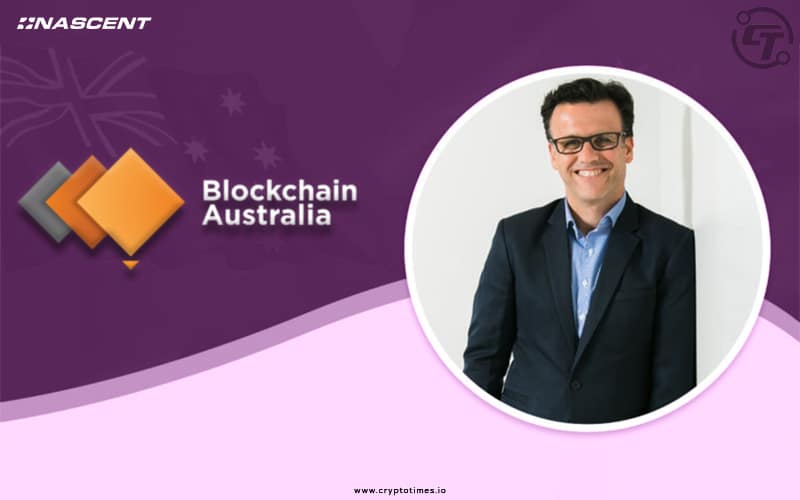Blockchain Australia has again asked for government and regulatory support in building a thriving blockchain ecosystem. The firm emphasized how the country has slipped behind its peers. Steve Vallas told the Senate Select Committee on Australia as a Technology and Financial Centre on Friday that blockchain just can’t seem to shake its association as the “wild west”.
“We spoke at the testimony for the second issues paper, and I think when we had that conversation, you asked me whether Australia was doing well, and I think my response at the time was that we’re well placed,” Vallas said. “My position a few months later is that we’re still well placed, but we’ve fallen behind.”
He said other jurisdictions have moved quickly to establish “real success” in this space. He also added that the fundamental challenge for Australia has been a lack of guidance.
“We have not been provided adequate guidance with respect to regulatory frameworks as they currently exist,” he said. “I recognize why there might be some reasons why we’ve moved slowly, but I don’t think those reasons are adequate in the current environment.”
According to Vallas, that narrative has continued to be inescapable.
“That it’s, a bit of a wild west — we resist that narrative on the basis that I can happily say, the industry is seeking out clarity, we are very deliberately asking for the regulators to engage with us,” he continued.
Pointing to the ICO boom in 2017-18, Vallas said that many other governments decided to wait and watch.
“I think is obviously the case that a lot of those projects were not very good, and ultimately, monies were raised quickly and monies were either lost or they were spent — but we didn’t establish much of a framework at that point in time as to what we should be doing,” he explained. “But the landscape as we see today is entirely different. We don’t see an appetite within Australia for ICOs, we don’t see the regulators comfortable allowing that to happen again, so we have a new chapter, but the narrative has persisted.
“It has been the case when people don’t understand the space, the tendency is to lean in on the wild west, to lean in on nefarious and bad actors.”
Vallas told the committee his organization and its members don’t benefit from scams.
“It hurts us because it’s too easy to point to things that are not well known or considered — and to say it’s part of the industry, it’s just not,” he said.
“I don’t represent multibillion-dollar businesses who seek to perpetuate scams. They all suffer from it.”
According to Michael Bacina regulators in Australia face the same problem their global peers do. He pointed to the United States where a digital currency exchange recently shut down and said people are “effectively reading the tea leaves of what prosecutions have occurred to try and understand”.
“The industry wants to have clear guidance. I certainly don’t advocate that everything ought to be dealt with as a security or a financial product because they’re not … and I suggest they be analyzed starting as looking at them as property as a commodity and if there’s something on top of that, that is not mutually exclusive for something becoming a financial product, that’s also a commodity. Land is a commodity, and it has all sorts of regulations around the transfer of land,” he added.
Chloe White, managing director at Genesis Block also appeared before the committee. She said the problem was not so much that regulators have not engaged. She said that what separates Australia from international jurisdictions has been that Australia has tended to only pay attention to the industry during times when there is a lot of hype.
Also Read: Australian Lawyers Ask New Creation of a DAO Legal Entity
And then during the quiet times, a lot of that capability and expertise is allowed to dissipate,” she said. “This is now the third time that we’re starting, again, to try to understand what this technology does, whereas in other jurisdictions, they’ve recruited for specialists into the public service, or they’ve set up multi-agency task forces that have continued to consult industry and develop policy through those quiet periods.”
She said that has put Australia at a disadvantage.
“There needs to be a greater commitment from policymakers to develop a real understanding of the space and its trajectory, because at the moment, what policymakers here are failing to do, is anticipate the issues as they arise and so we’ve been in a very reactive position where policy advice and analysis has been concerned,” White said.







